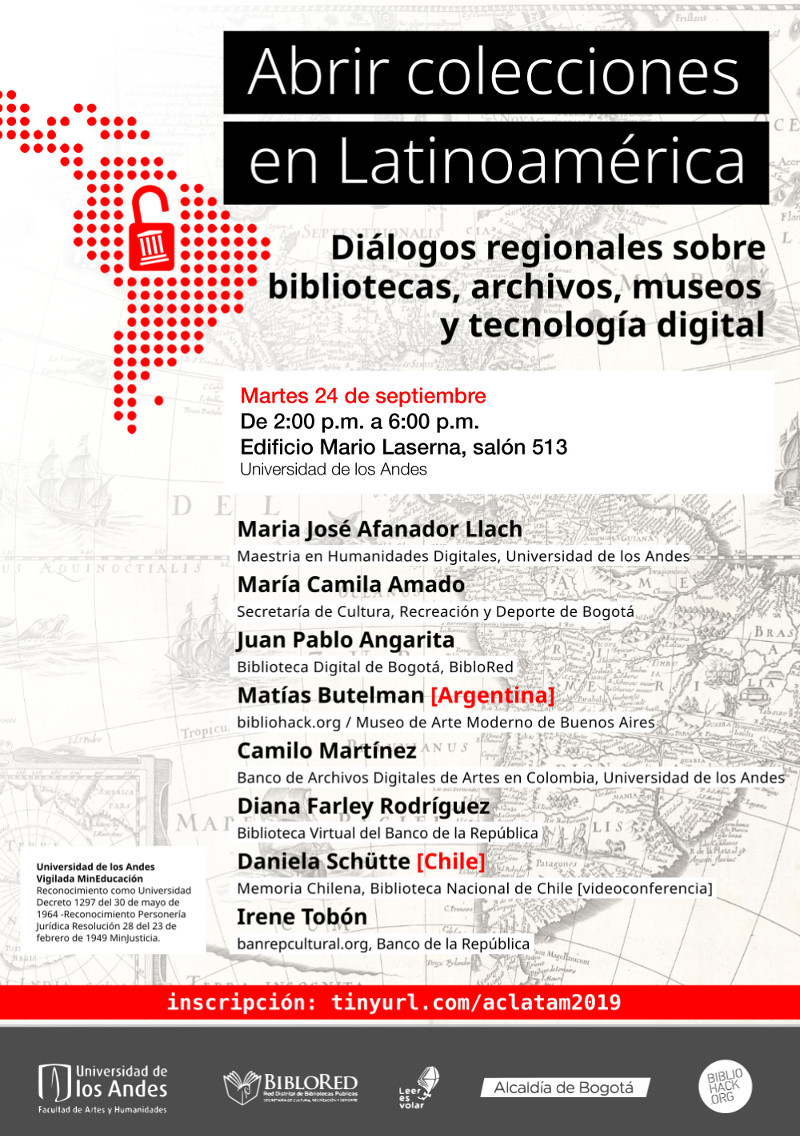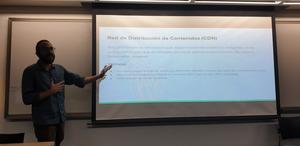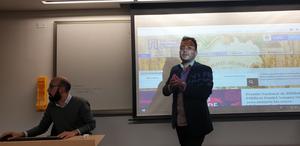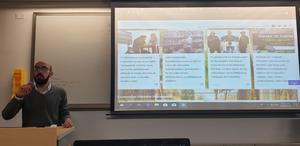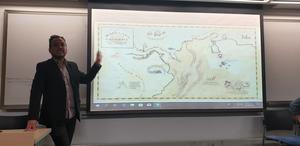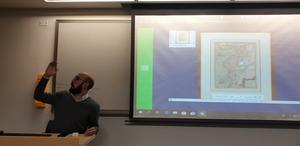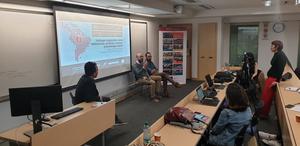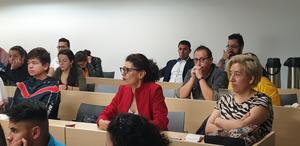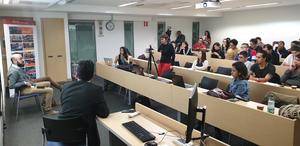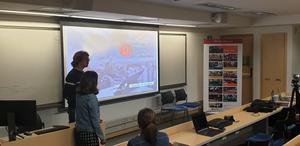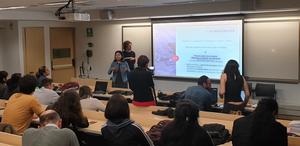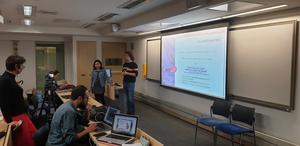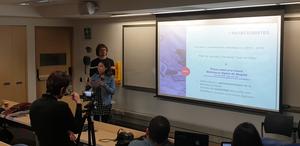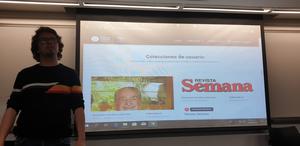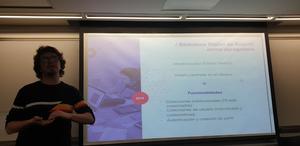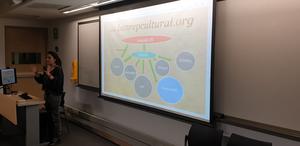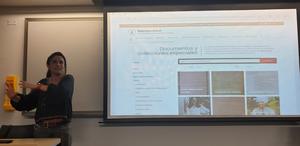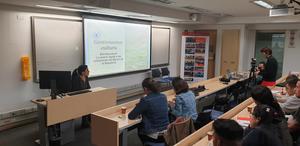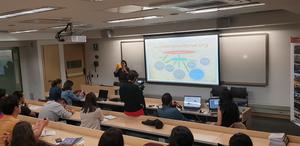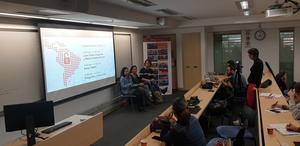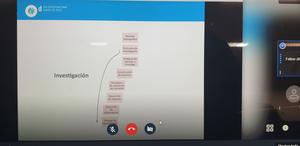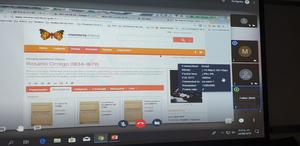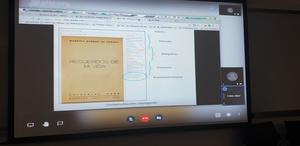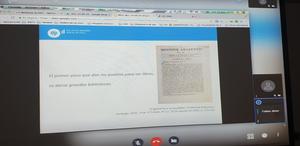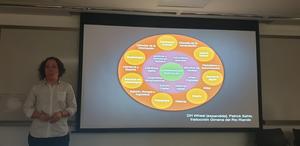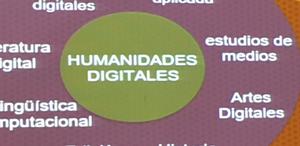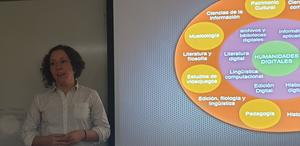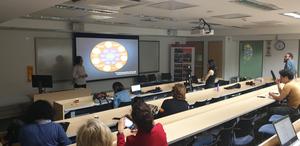On September 24, 2019, the discussion "Opening Collections in Latin America: Regional Dialogues about Libraries, Archives, Museums and Digital Technology" took place at the University of Los Andes in Bogotá, where experiences were shared about different institutions' strategies for providing access and encouraging public engagement with digital content.
Today, museums, archives and libraries worldwide face the challenge of digital transformation: making their collections available online to increasingly broad audiences, digitizing and preserving diverse formats, aggregating and refining metadata from countless information sources, and enriching records by connecting them in unprecedented ways.
All these tasks expand the digital dimension of these institutions' missions, requiring them to acquire or develop new technologies, deploy new skills, and incorporate different professional profiles into their teams. But while their mission demands commitment to this digital future, our continent presents unique obstacles. Long-standing economic, technological, professional and legal deficits create barriers at every step of this opening process.
Is there a Latin American way - or ways - to overcome these obstacles? Through various presentations, we learned about experiences from leading institutions, both public and private, such as the Digital Arts Archive Bank of Colombia (BADAC), banrepcultural.org (Cultural Portal of the Bank of the Republic), Bogotá's Digital Library - BibloRed, the Modern Art Museum of Buenos Aires, and Memoria Chilena, among others.
Participants included María José Afanador Llach (Digital Humanities Master's program, University of Los Andes), María Camila Amado (Bogotá's Secretary of Culture, Recreation and Sports), Juan Pablo Angarita (Bogotá Digital Library, BibloRed), Matías Butelman (Bibliohack / Modern Art Museum of Buenos Aires), Camilo Páez Jaramillo (National Library of Colombia), Camilo Martínez (Digital Arts Archive Bank of Colombia), Elder Manuel Tobar (National Library of Colombia), Irene Tobón (banrepcultural.org, Bank of the Republic) and via videoconference Daniela Schütte (Memoria Chilena, National Digital Library).
Image Gallery:
Event Flyer:
